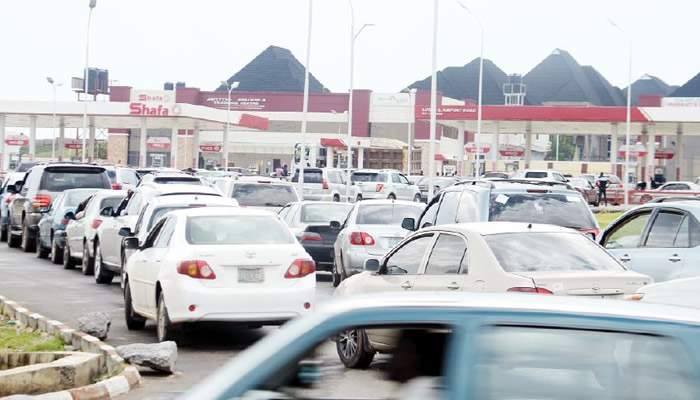Nigeria’s Fuel Import Dilemma: Experts Advise Against Sudden Stoppage
A heated debate has emerged in Nigeria’s oil and gas sector over the country’s reliance on imported refined petroleum products. Experts have warned against halting fuel imports, citing the potential risks to energy security and the fragile state of the nation’s refining sector.
The Nigerian Midstream and Downstream Petroleum Regulatory Authority (NMDPRA) has been at the center of the controversy after its Chief Executive, Farouk Ahmed, alleged that the Dangote refinery wanted him to stop issuing licenses for fuel imports. Ahmed maintains that he did not grant the request, arguing that it would lead to a monopoly and imperil energy security.
Many experts concur with Ahmed’s assessment. "We cannot stop fuel importation until at least three to four refineries are working in the country," said Henry Adigun, an energy consultant. "Nigeria cannot have its energy security in the hands of one person." Adigun also emphasized the need for government to consider the impact on other midstream investors if fuel imports suddenly cease.
Another energy sector expert, Dr. Taiwo Ogunleye, highlighted the importance of applying backward integration policies to encourage local refining investment. "The Petroleum Industry Act clearly empowers the NMDPRA to assign import licenses to companies with proven refining capabilities," he noted. Ogunleye also emphasized the need to maintain a transparent and fair import volume allocation process.
However, the Publicity Secretary of the Crude Oil Refiners Association of Nigeria, Eche Idoko, calls for an immediate stop to fuel imports, citing the potential for local refiners to meet local demand if given access to crude oil supplies in naira.
The controversy highlights the complexities surrounding Nigeria’s fuel import dynamics. As the country struggles to boost domestic refining capacity, experts caution against taking drastic measures that could destabilize energy security and harm the nation’s overall refining sector.
